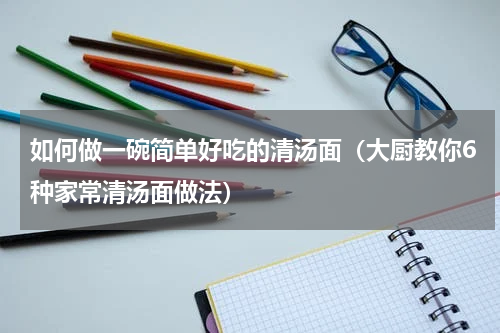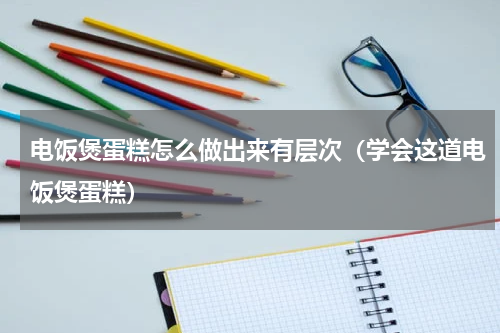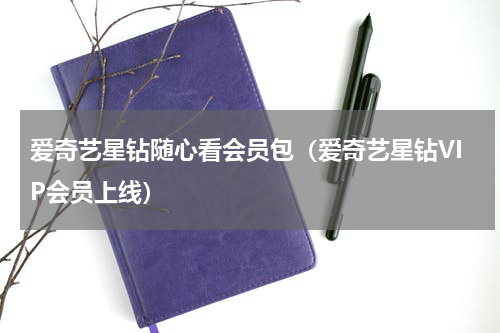onfleek这个俚语真是-Iwasthinkingofwearingthatblackdress.Whatdoyouthink?-Soundsgreat.Whatareyougonnadoaboutyourhair?-Iju。

- I was thinking of wearing that black dress.
What do you think?
- Sounds great. What are you gonna do about your hair?
- I just got it done. You like it?
- Wow girl, your hair is on fleek! You’re gonna be the best looking person at that party.
…………………………………………
If something is ‘on fleek’ it means that it looks great, perfectly styled; it’s perfect.
注:
有人说,on fleek这个俚语已经过时了some people said, it's kind of passed.而用“snatched”代替了It’s been replaced by ‘snatched’.“on fleek” 大约几年前流行‘on fleek’ is kind of, like several years ago.
拓展:习语和俚语有什么区别?What is the difference between an idiom and slang
有两处不同:The two main differences are:第一 习语是几乎所有母语人士知道的First, an idiom is something almost every native speaker of a language will know,而俚语不是and slang isn’t.俚语有很多母语人士也不明白Slang is something that many native speakers won’t understand.举个例子 习语:“it’s raining cats and dogs”So for example, the idiom, it’s raining cats and dogs,意思是下大雨了which means it’s raining really hard.你可以问任何一个母语人士 他们都知道You could ask any native speaker this and he or she would know what it meant.到如果你说“bae”什么意思But if you said, what does ‘bae’ mean?这就是一个俚语 很多人可能都不知道This is slang, most people probably wouldn’t know.这完全取决于你问的是谁There, it depends entirely upon who you ask.第二个不同之处是使用寿命The second main difference, longevity.即使用时间长短How long is something in use?我们回到习语“it’s raining cats and dogs”上Let’s go back to the idiom ‘it’s raining cats and dogs.’我见过许多不同意见 但这个习语已沿用几个世纪 从15世纪或16世纪开始I’ve seen a couple of different opinions, but it’s been in use for centuries, since the 1500s or 1600s.使用很久了That’s a long time ago.而相反 俚语发展 沿用到消逝并没有太长时间Slang, on the other hand, is developed, used, and then dies before too long.
附属:俚语的特点一些俚语可能只用一两年some slang might only be in use for a year or two就更新了before it’s replaced with new slang.所以 可能大部分母语者不理解俚语 为啥So if many, maybe even most native speakers don’t understand slang, what’s the deal?因为俚语是由年轻人创造的Slang is the creation of the younger generation.他们喜欢文字游戏 他们会给词造出新意思甚至直接创造新词They play with language much more, they create new ways to use words and even create new words.如你试着理解青少年人So if you’re trying to understand people in their teens and twenties却不知道俚语 那就可能没法聊天了and know no slang, you’ll probably feel left out in some conversation.









